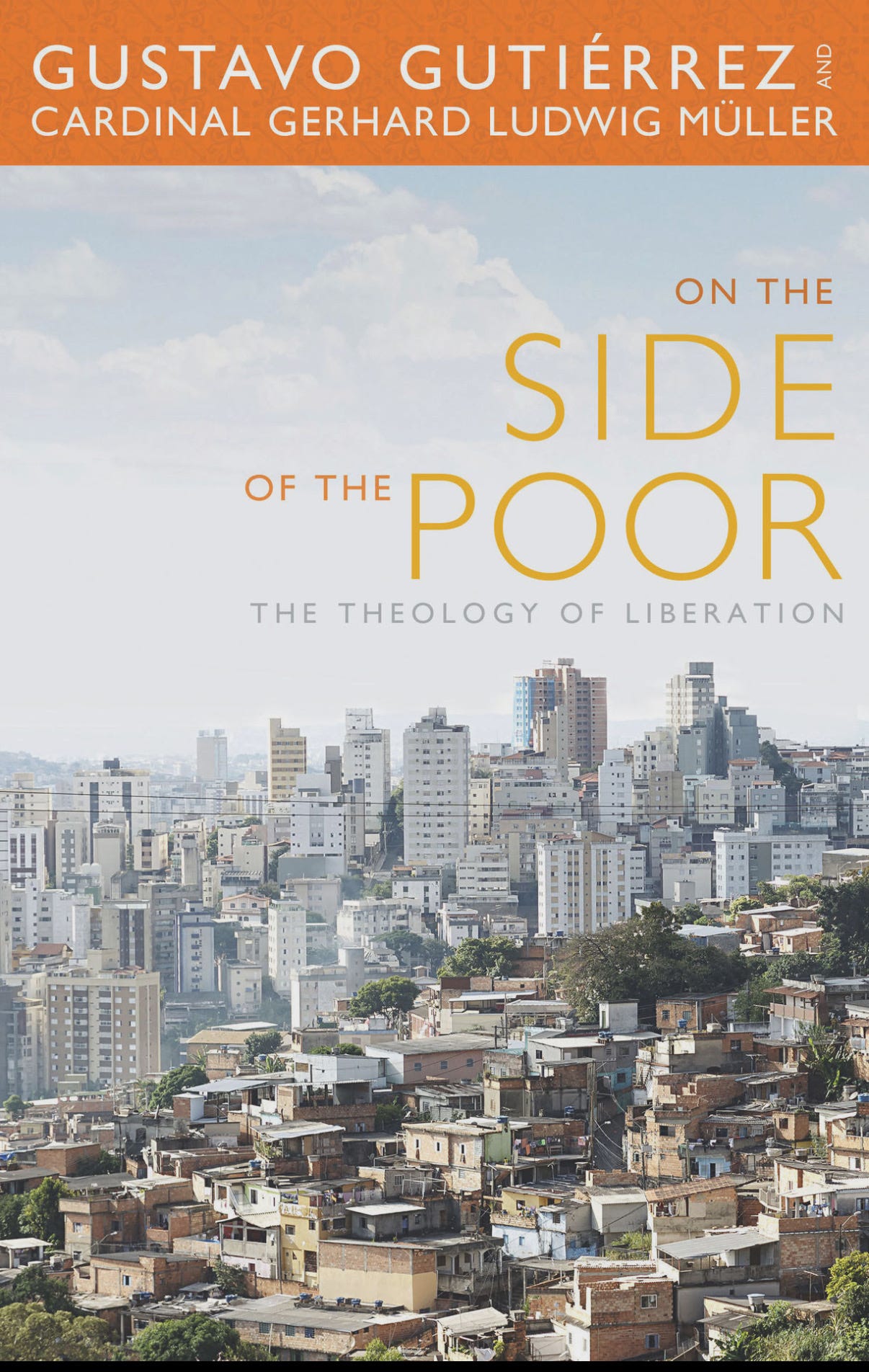Dilexi Te—First Thoughts
Pope Leo XIV's Apostolic Exhortation
The ideas presented in Dilexi Te by Pope Leo XIV are, for the most part, a reiteration of Catholic social teaching on the preferential option for the poor. There have been several commentators today concerned with notions of Marxism, Latin American ‘Liberation Theology’ and with it—Gustavo Gutierrez.
Many of Gustavo Gutierrez's ideas are not sui generis either. The Catechism of the Catholic Church explains the importance of the Church’s unity with the concern for the preferential option for the poor found at CCC 2444:
The Church’s love for the poor … is a part of her constant tradition.” This love is inspired by the Gospel of the Beatitudes, of the poverty of Jesus, and of his concern for the poor. Love for the poor is even one of the motives for the duty of working so as to “be able to give to those in need.” It extends not only to material poverty but also to the many forms of cultural and religious poverty.
Gary A. Anderson’s Charity explains how prior to the reformation the Church understood almsgiving akin to sacrament with its relationship with the Eucharist—meaning an encounter with the mercy of God. The act of charity to the poor was the way for the layperson to participate in the mercy of God. Anderson writes, “In the Eucharist, one re-presents the love Christ showed the world by the self-offering of his life. In almsgiving, the lay person has the opportunity to participate in the divine act by imitating the mercy in his or her daily actions. (Gary Anderson, Charity, p. 8)
Cardinal Gerhard Mueller, seeking to correct the misrepresentation of what is ‘Liberation Theology,’ sought to define terms when co-authoring a book with Gutierrez. Mueller explains, “In his reflection on liberation, Gutiérrez differentiates sin in relation to three levels: on its first level, sin is the innermost rupture of the friendship between God and human beings, and the sin of this first level is the root of all forms of a human being’s inner and outer enslavement. This rupture shows itself in a second level as we seek to loosen ourselves from the inner slavery to the powers of unreflective profit-seeking. Further, the rupture between God and human beings shows itself in a third level as we in discipleship to Christ try to overcome the oppression and marginalization within which exploitation and murderous economic and social abuses express themselves. This third level is social and structural sin, and it is a manifestation of the second level, personal sin.”(On the Side of the Poor, kindle edition)
In Catholic doctrine, humanity is born with the stain of original sin, and even after baptism, we still have the itch of concupiscence, so why wouldn’t man’s creations bear the image of their personal sins?
Some assume the free market is the fairest economic system. However, before the fall, there was no need for property rights. Property is a negative right of man, due to the fall—because man seeks to dominate his fellow man. The same is true in the marketplace. Does someone living in poverty steal from the man with an orchard when he takes the apple?
Ask the question: Are some of these nations kept dependent intentionally by First World countries to serve as pseudo-colonies, thereby keeping product costs down for First World consumer economies?
The proposed question shouldn’t be a right, left, Marxist, or Capitalist paradigm, but a question that bears the love of Christ.
What does Jesus Christ say on the matter? In the synoptic tradition, Jesus uses a treasure/treasury imagery. The Lord says in the Gospel of Luke, a gospel that very much concerns itself with the plight of the poor & it’s favor with God, LK 12:20-21 “But God said to him, ‘You fool, this night your life will be demanded of you; and the things you have prepared, to whom will they belong?’
Thus will it be for the one who stores up treasure for himself but is not rich in what matters to God.”
Pope Leo echoes the sentiment in Dilexi Te: “The Doctor of Grace saw caring for the poor as concrete proof of the sincerity of faith. Anyone who says they love God and has no compassion for the needy is lying (cf. 1 Jn 4:20). Commenting on Jesus’ encounter with the rich young man and the “treasure in heaven” reserved for those who give their possessions to the poor (cf. Mt 19:21),”
The document is over 20,000 words. I encourage everyone to spend some time on it. Take a look at paragraphs in the CCC 2444-2445 on the love of the Church for the poor.
Our Lady and her most chaste spouse were poor; they did not even have a room to stay for our Saviour to be born. Our Lord was born and laid in a feeding trough. God found favor in this poor young woman, in whom so many Catholics petition her for prayers.
The gospel is here. There is no need to make this a mark for division amongst us, Catholics. God calls us to mission!


